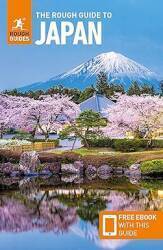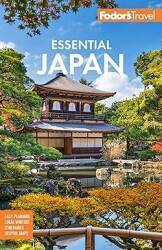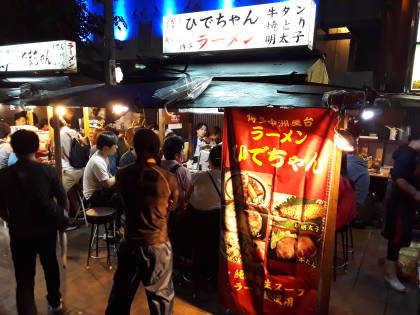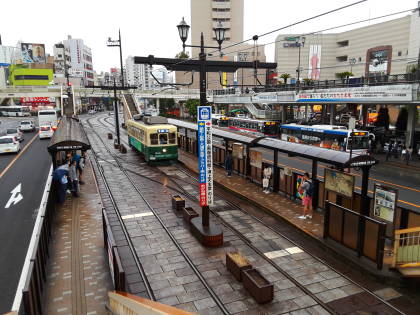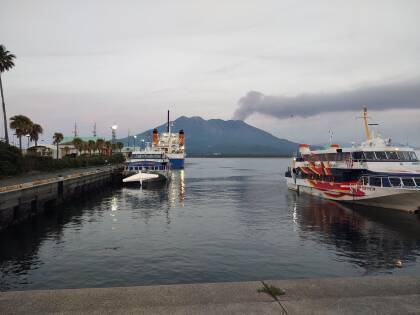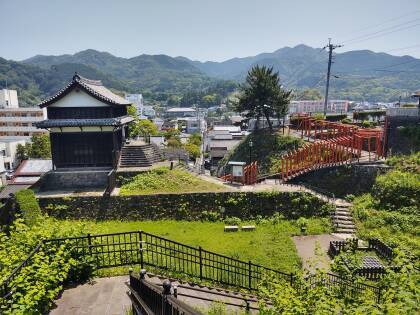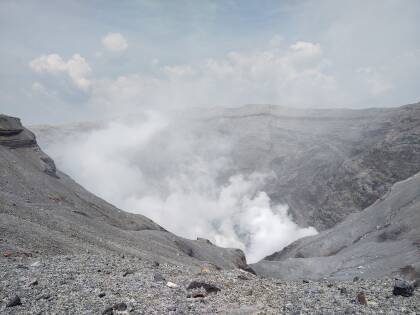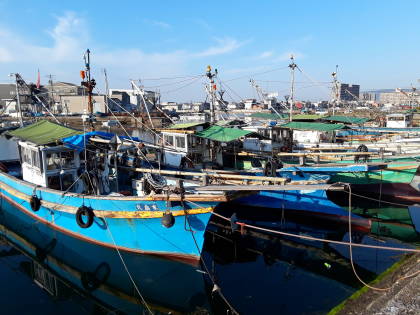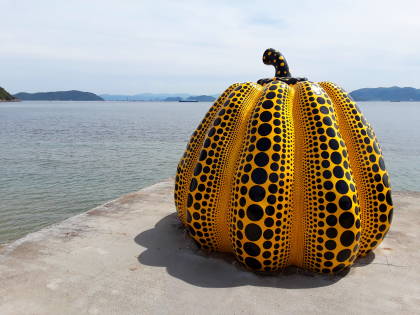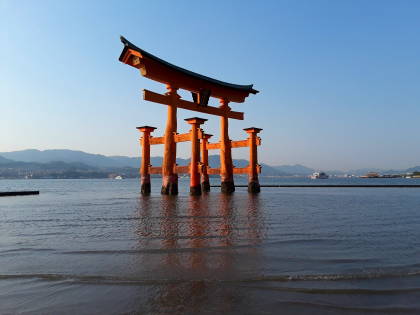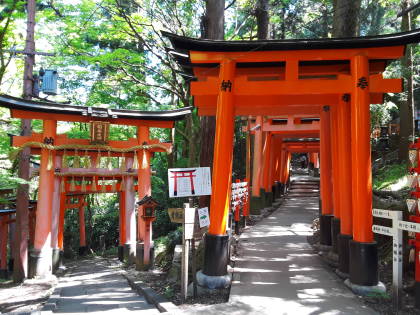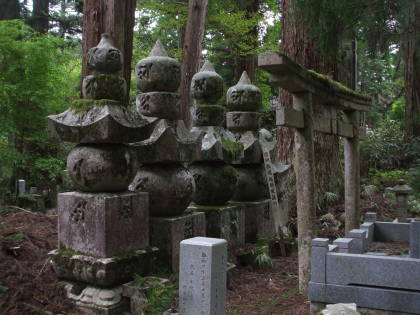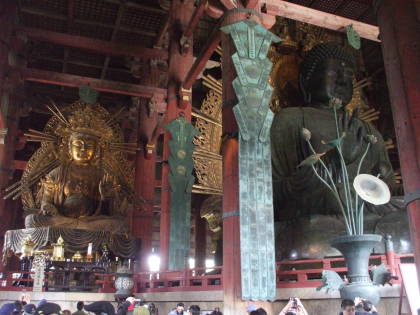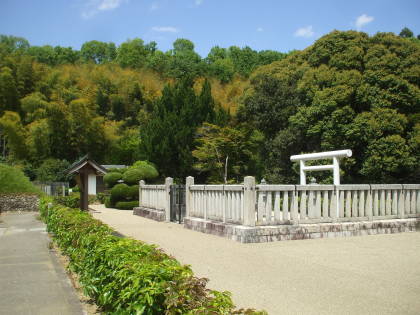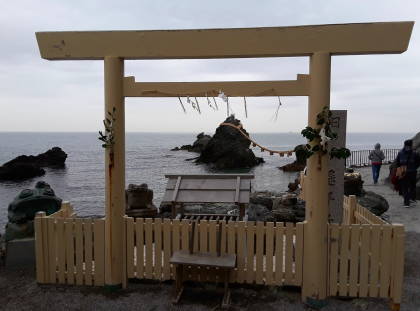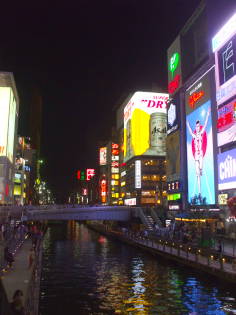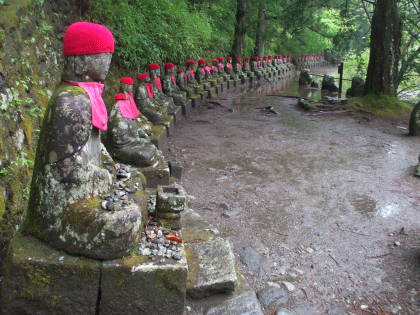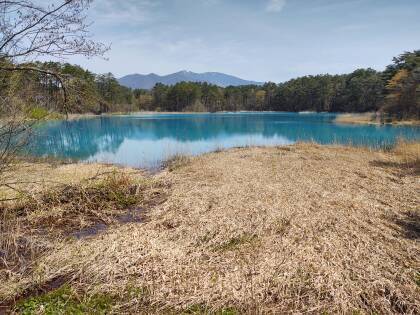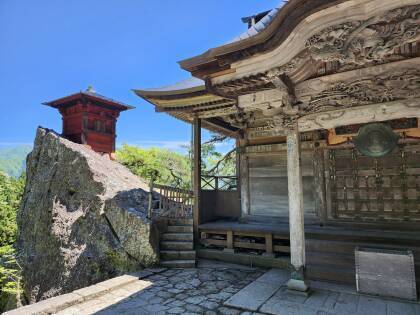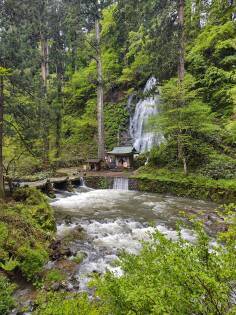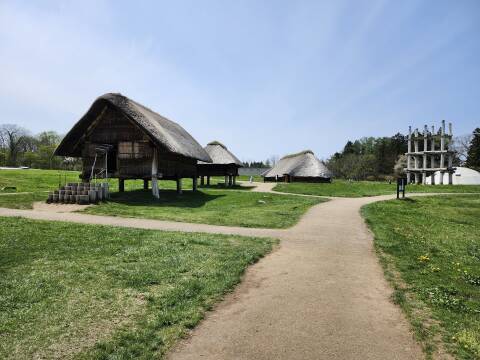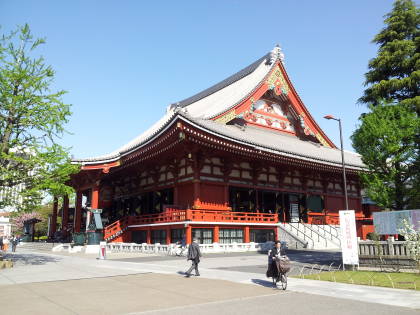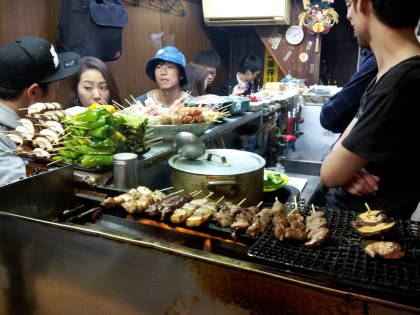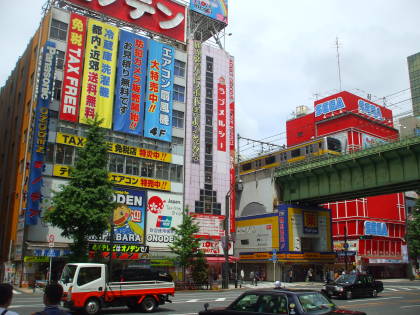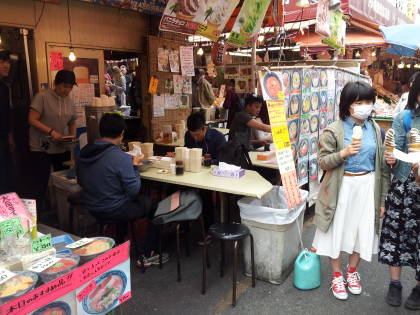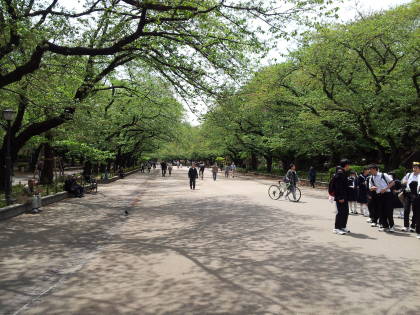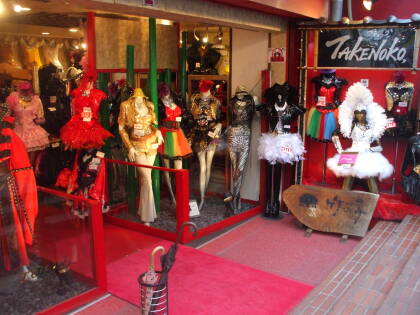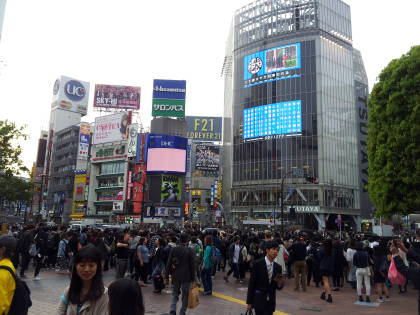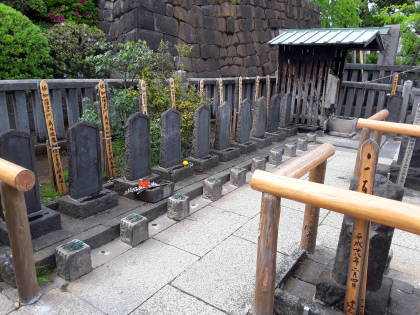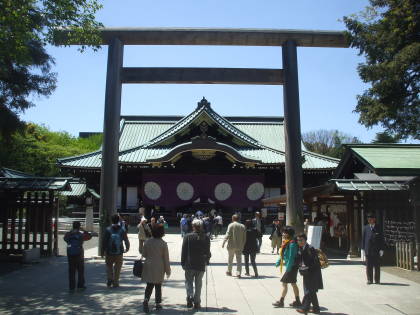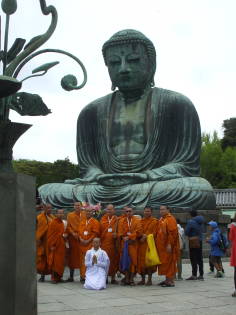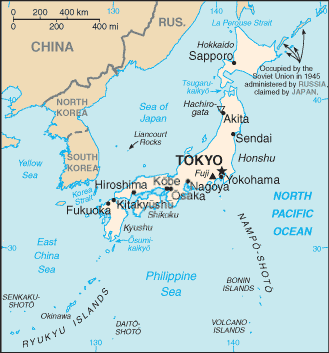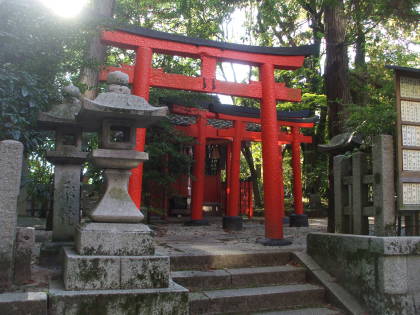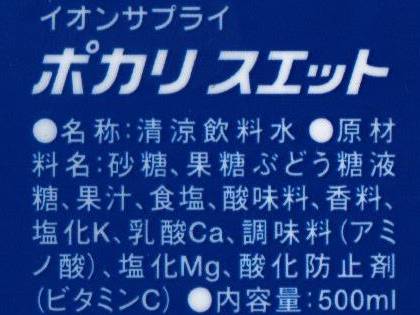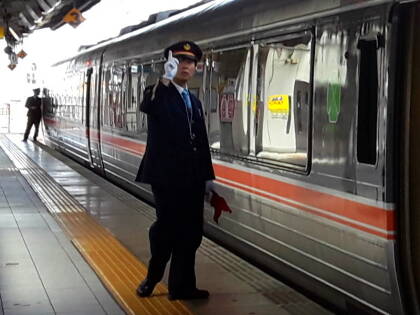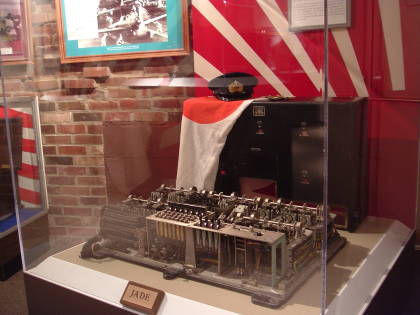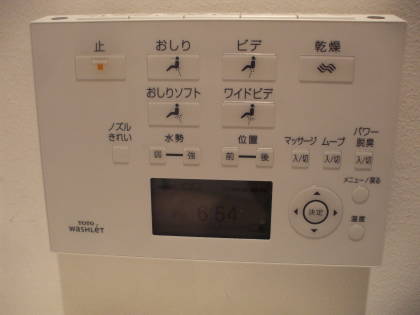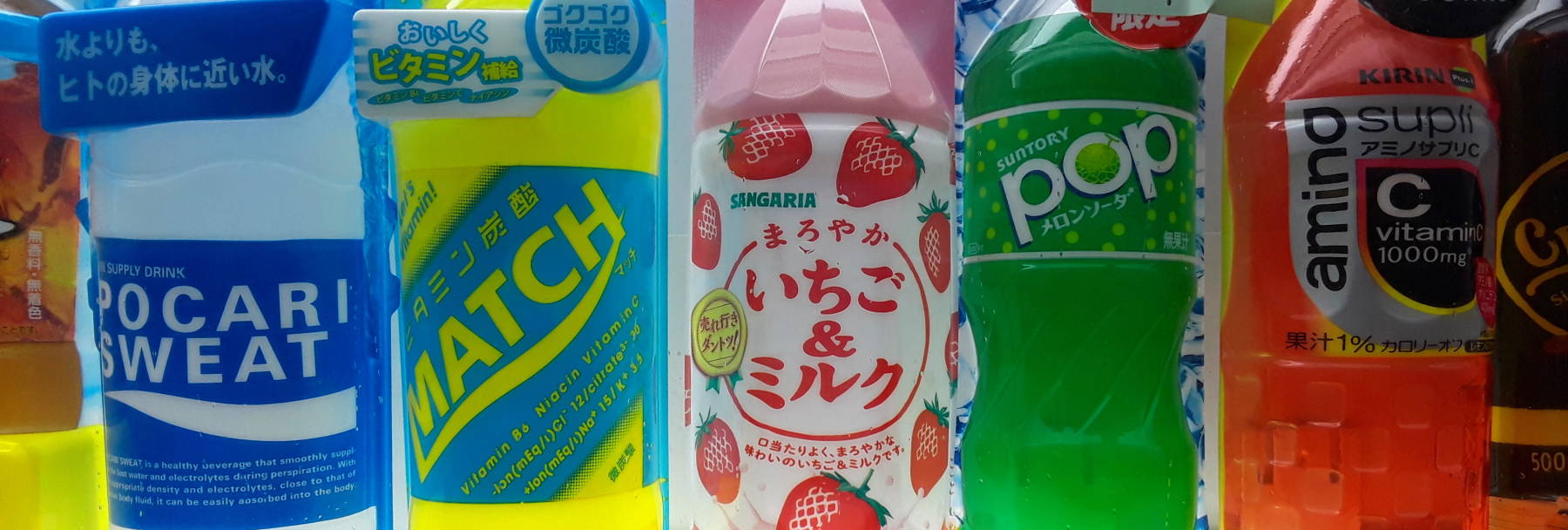
Exploring Everyday Nagasaki
Everyday Sights
Flânerie: Aimless Wandering in Paris
I spent several days in Nagasaki visiting interesting
sights described by the guide books —
Buddhist temples,
Shintō shrines,
even some
Christian sites
which are quite rare in Japan.
With the help of the hostel where I was staying,
I found a World War II
air defense bunker
that very
few foreign visitors seem to visit.
And I went to the
Hypocenter Park and the Peace Park,
at the hypocenter of the 1945 nuclear bombing.
It's much more even-handed and historically complete
compared to the one in Hiroshima.
But I also spent a few days aimlessly wandering,
seeing features of everyday life in Nagasaki.
The French call it
flânerie,
wandering with no purpose beyond observing the local society.
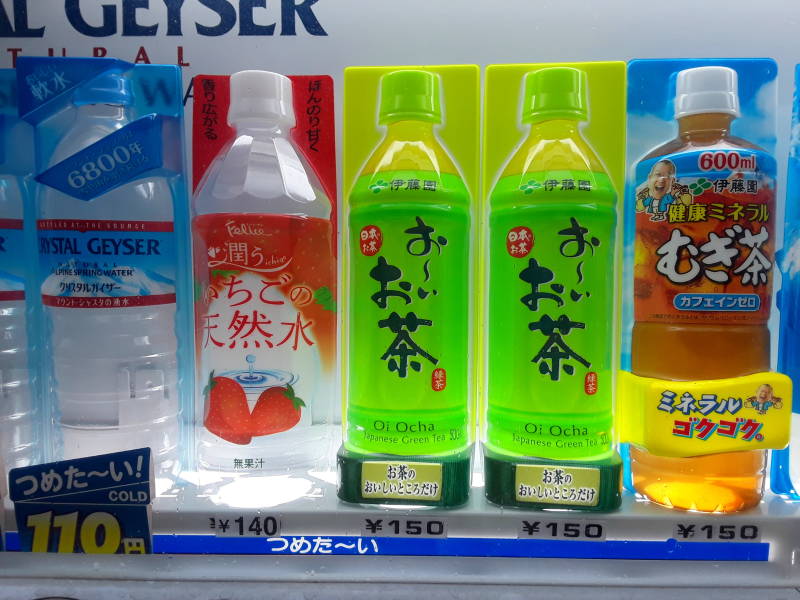
Vending Machines
Let's start with the vending machines.
Japan has a lot of vending machines. They have a little over 5 million nationwide, about one for every 23 people. Annual sales add up to over ¥6.46 trillion, or US$ 60 billion.
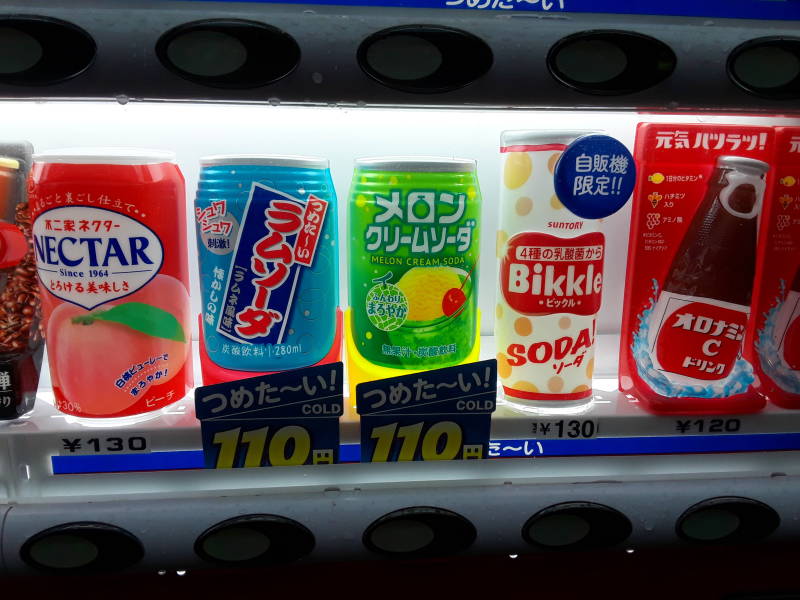
Vending machines work here because vandalism and property crime are quite rare.
Also, Japan's economy largely operates on cash. Plus, the Suica and similar subway and train cards also work in the machines.
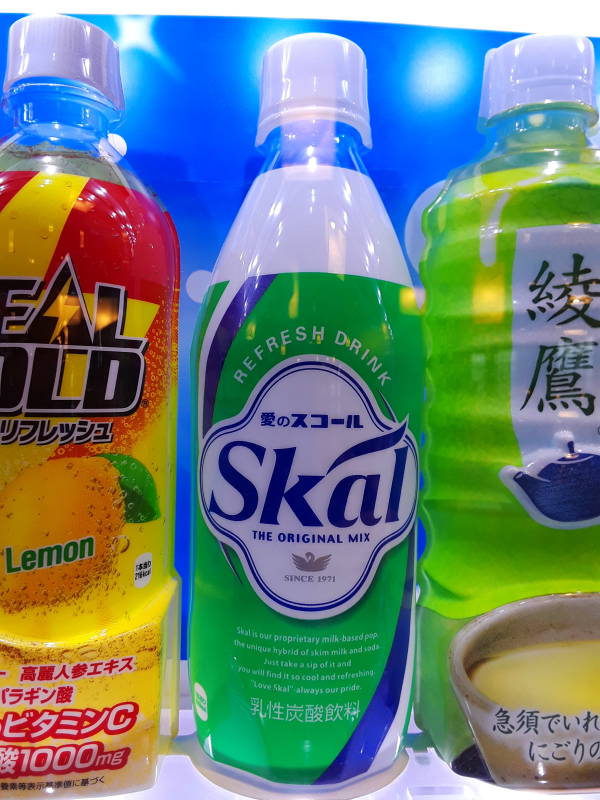
And the machines offer a wide variety of choices.
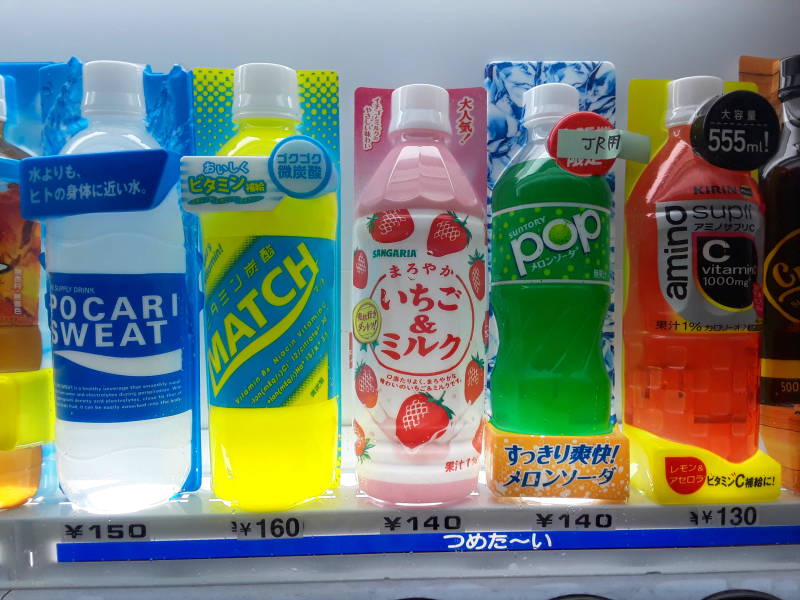
Pocari Sweat, strawberry yogurt drinks, vitamin-C-infused everything, nectar, melon cream, green tea, Mitsuya Cider, and much more.
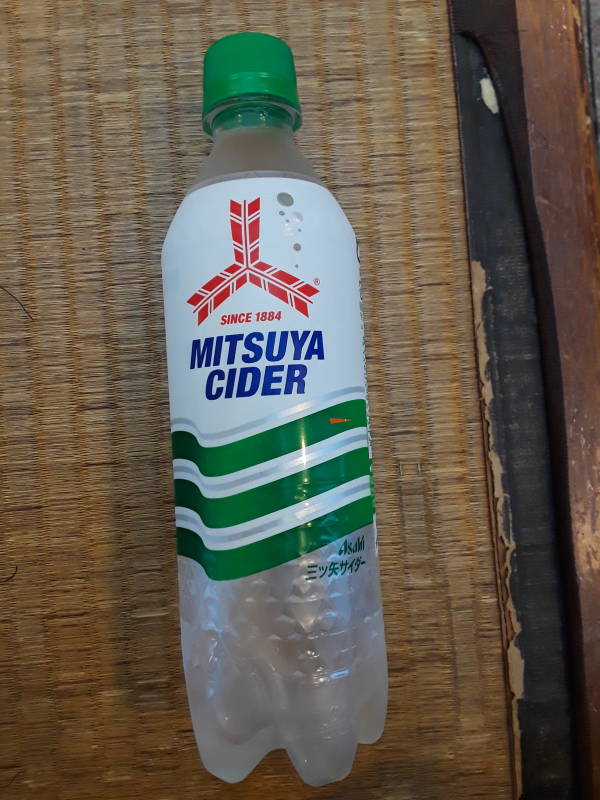
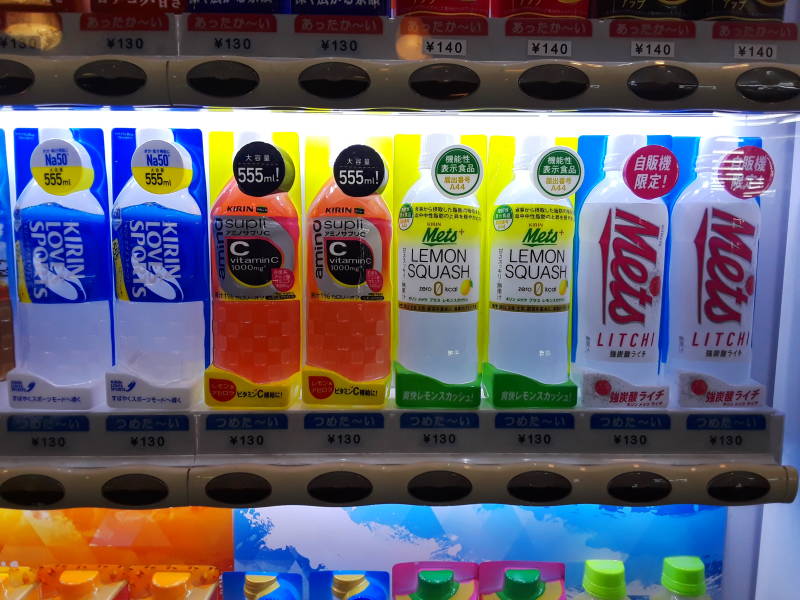
Some vending machines offer hot drinks.
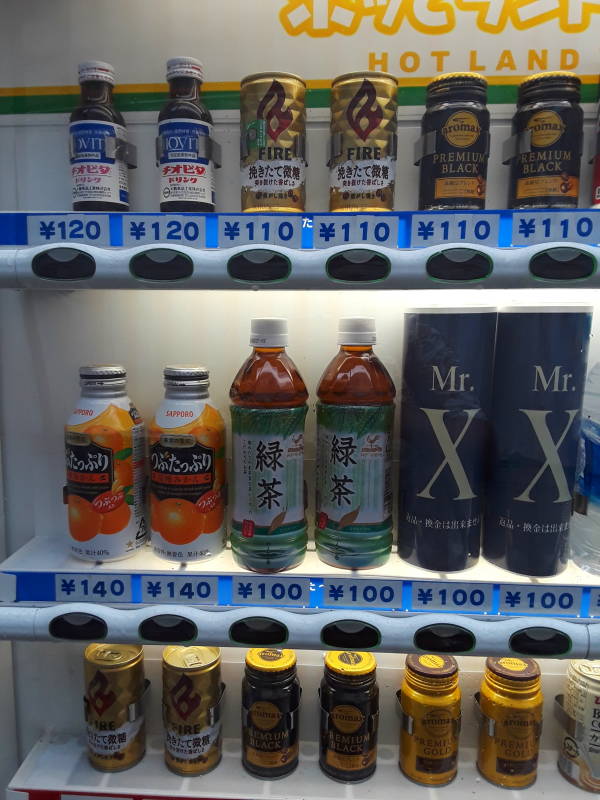
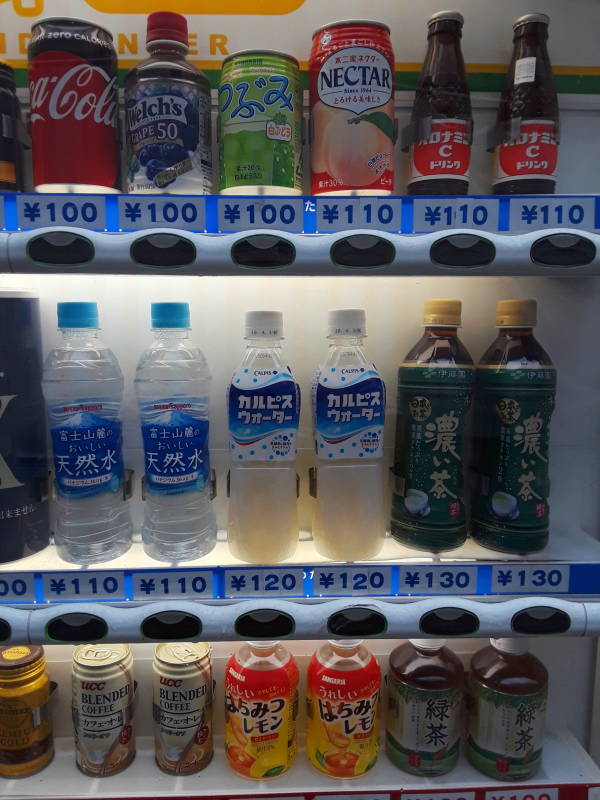
I went to Japan for the first time on a chaotic, poorly planned, and extremely frustrating business trip in the early 1990s. People smoked like chimneys.
By the time I returned on my own, in the late 2010s, smoking was far less common.
There might be three cigarette vending machines standing together outside a train station. Looking closely, they offer cigarettes with a wide range of nicotine levels. From 15 mg at bottom center down to just 1 mg at center right.
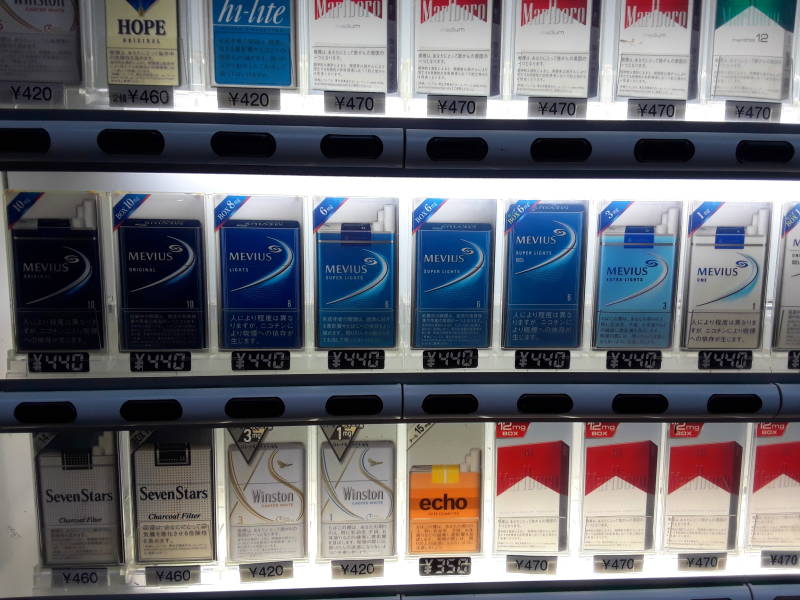
Here's an array of machines that I understood even less.
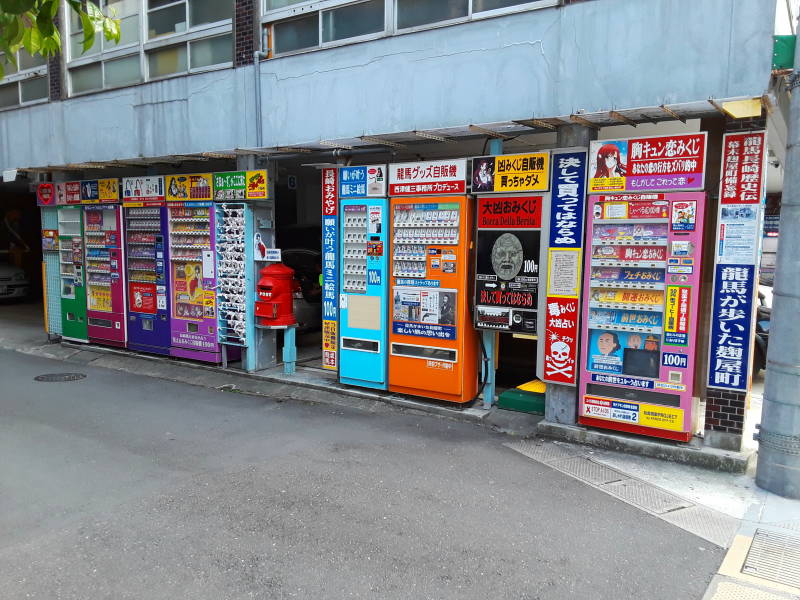
Hiragana
Novelty underwear?
パンツ is pantsu, novelty underwear is my best guess?
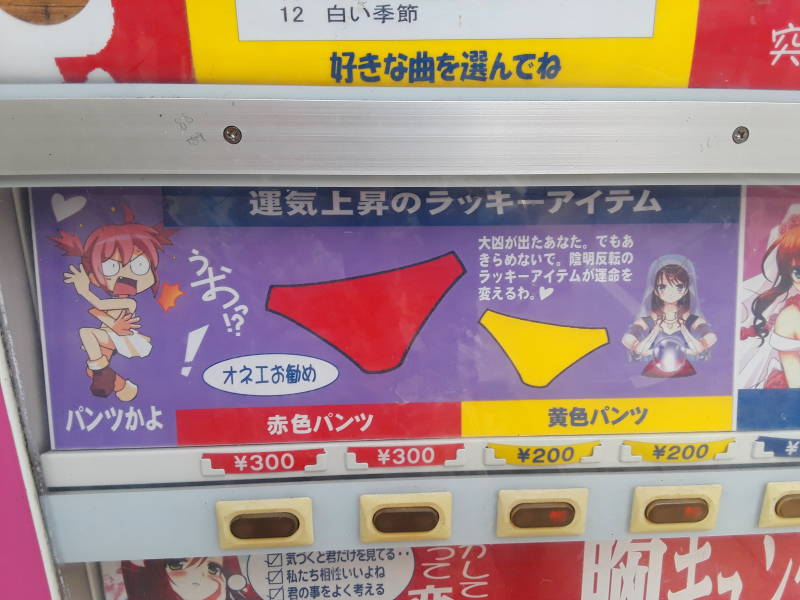
フエチ is fuechi, おつぱい チヨコ<kanji> is otsubai chyoko<kanji>.
I have no idea. Candy nipples?
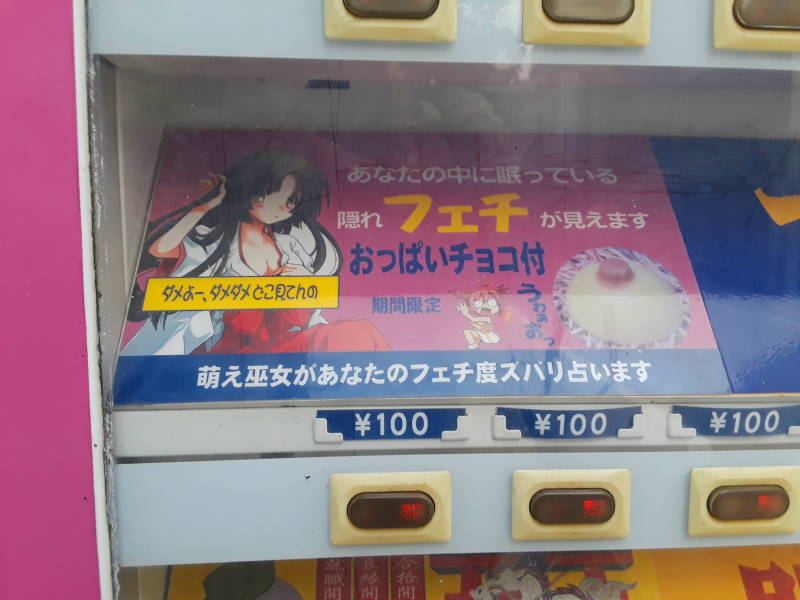
There are various Bald Guy Wigs.
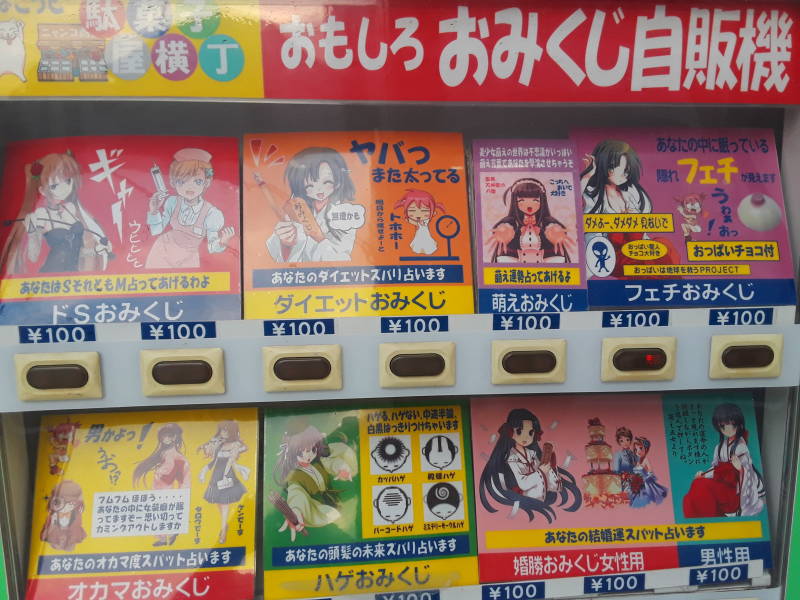
Power Lines
Why Is Anime Obsessed With Power Lines?The Internet has plenty of speculation on the anime fixation on power lines.
The reason is simple.
Anime comes from Japan.
Asking "Why does anime have so many depictions of power lines?" is like asking "Why do the people in anime seem to breathe oxygen? And their dogs have four legs? And the sky is blue?" Duh. Of course there are power lines in many of the shots. There are always visible power lines.
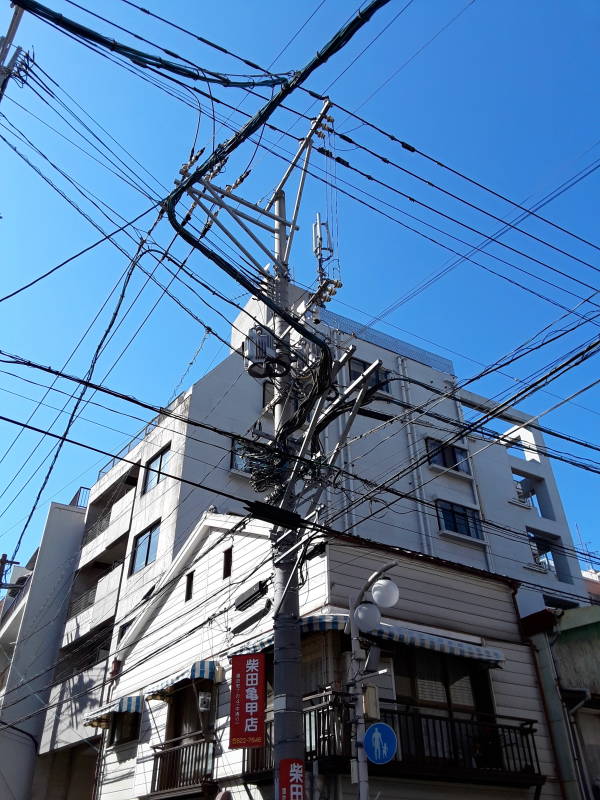
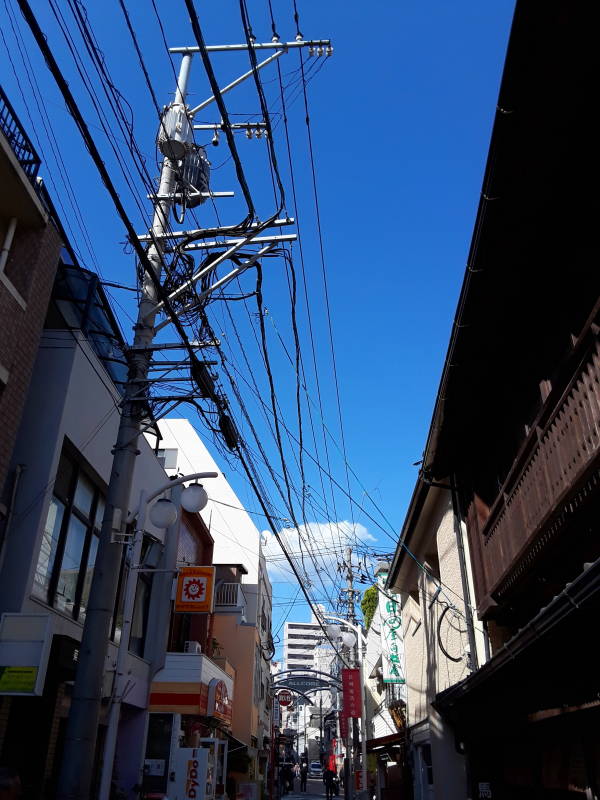
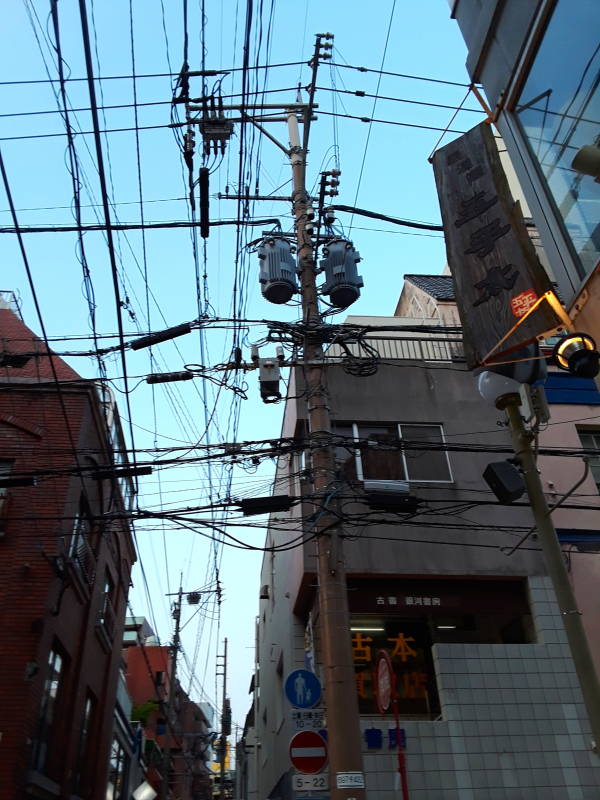
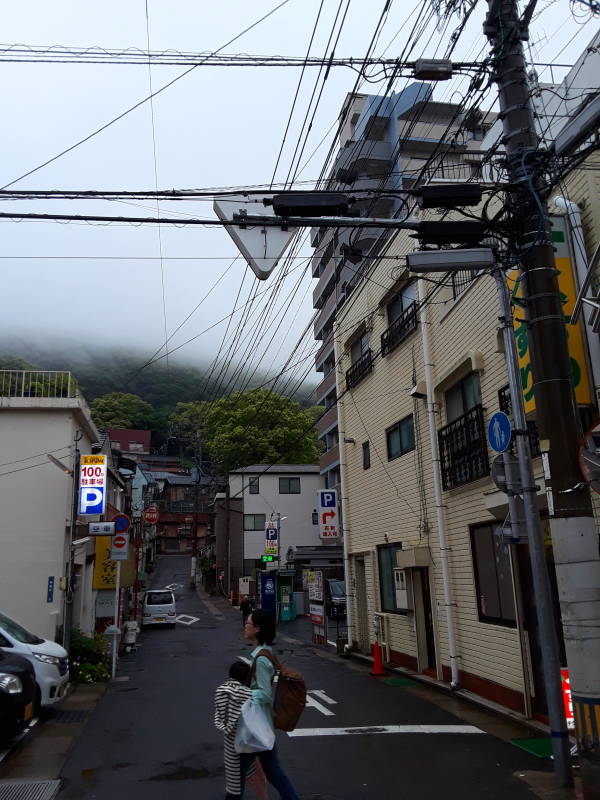
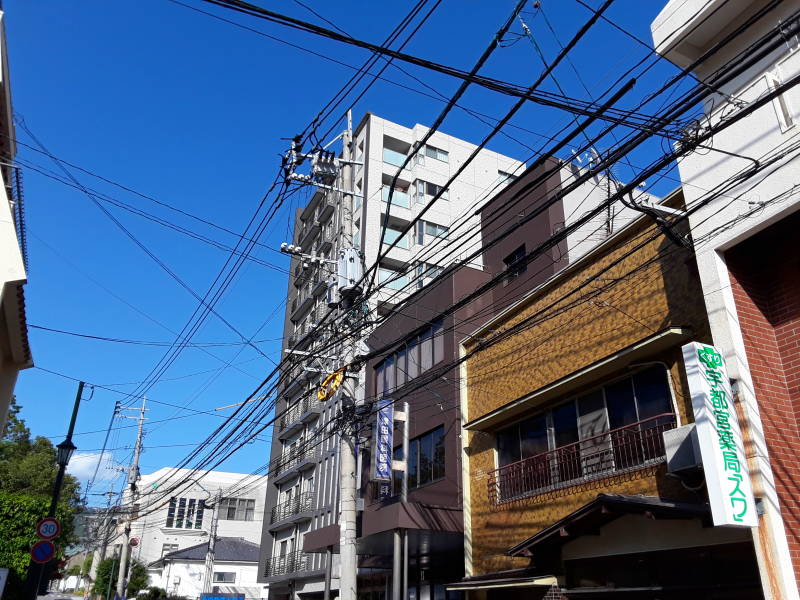
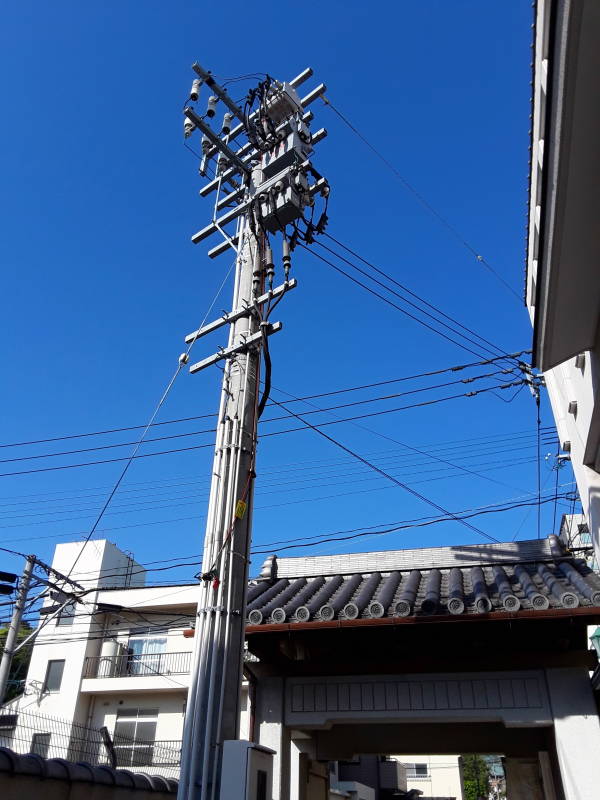
Police Cars
I happened to pass a major police station with patrol cars.
You find many kōban, small neighborhood police stations. They are staffed by officers who keep a general watch, respond to the infrequent emergencies, and give directions and interact with local citizens and visitors.
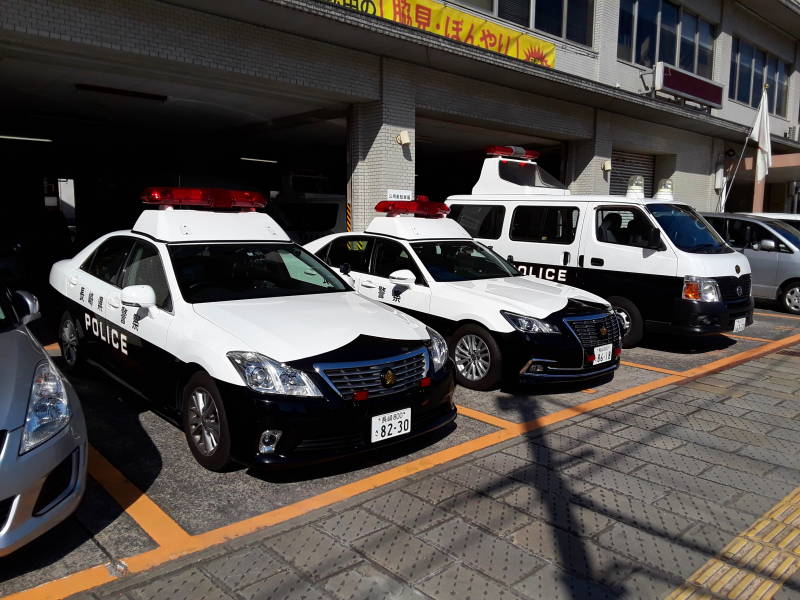
The officers in the kōban are super friendly and helpful, doing everything possible. Which isn't everything conceivable.
Japanese addresses are a nightmare. "Street addresses" are based on the order in which buildings were constructed.
In Tōkyō I was looking for an address mentioned in Lonely Planet. Some weird little bar. I had the address written on a small piece of paper. I felt that I should be within a few blocks, so I asked at the kōban.
The officer outside took me in, he spoke to his partner, then they started going through a thick directory of the neighborhood.
After about 15 minutes they determined that the address was upstairs in a building about 50 meters down the block. Just 50 meters from where they worked every day. So, I felt a little less dumb about not being able to find it on my own.
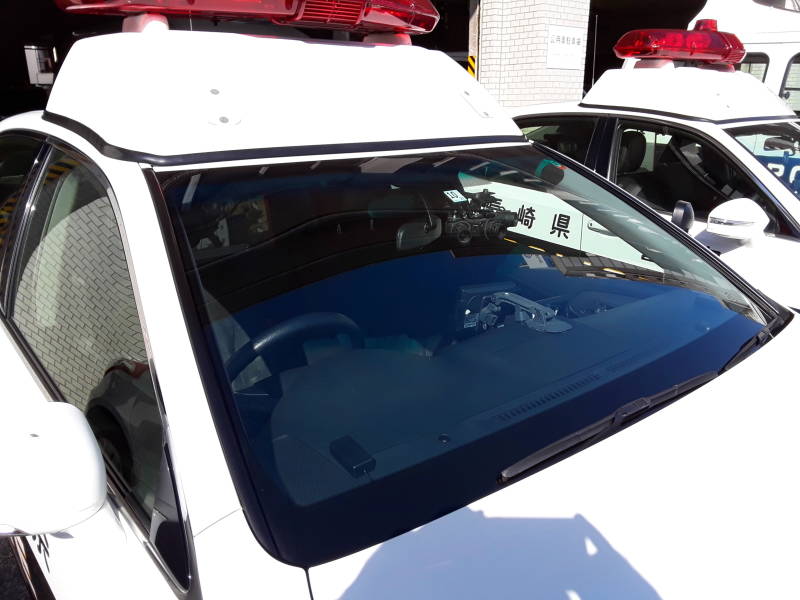
To the Supermarket
Now let's visit a neighborhood supermarket. This is definitely the everyday local life.
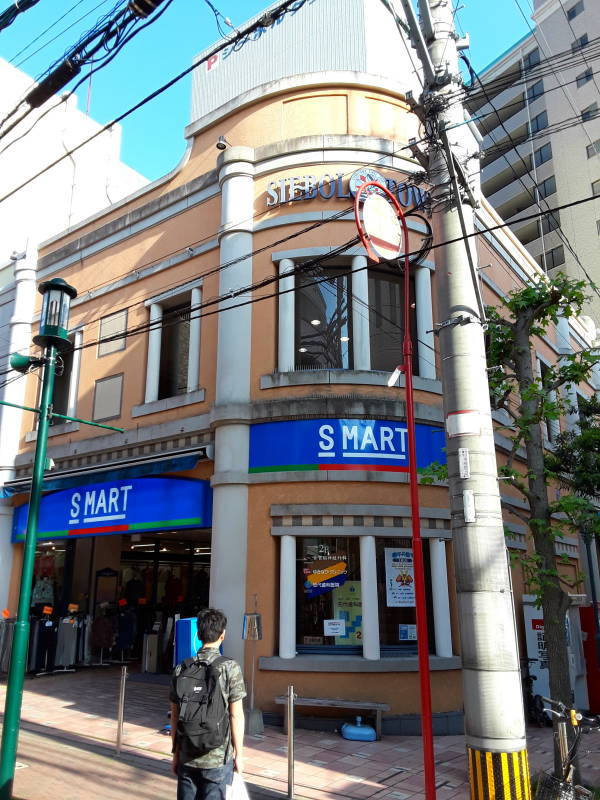
Amazon
ASIN: B002KC8BSO
It's an S-Mart, the same name as in Army of Darkness.
The supermarket is downstairs, the door at the street leads into up and down escalators.
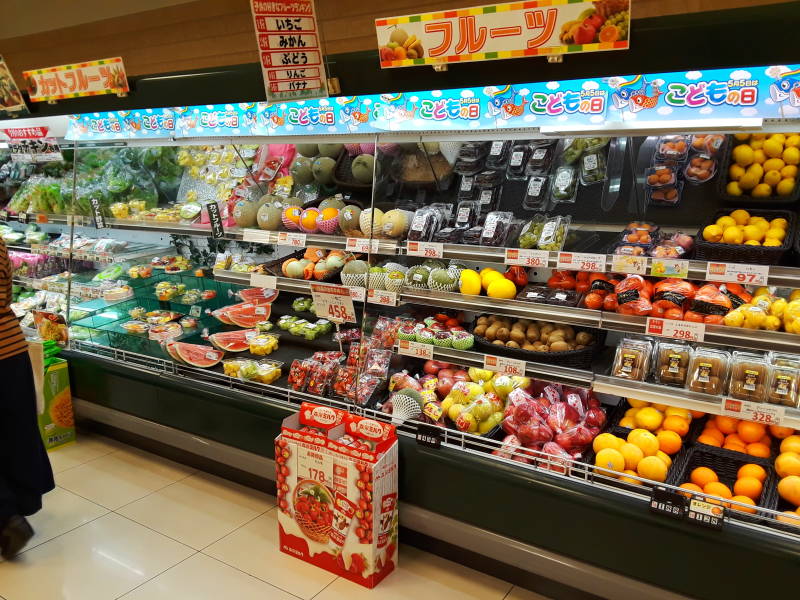
Produce — a wide range, and the avocados cost about the same as back at home.
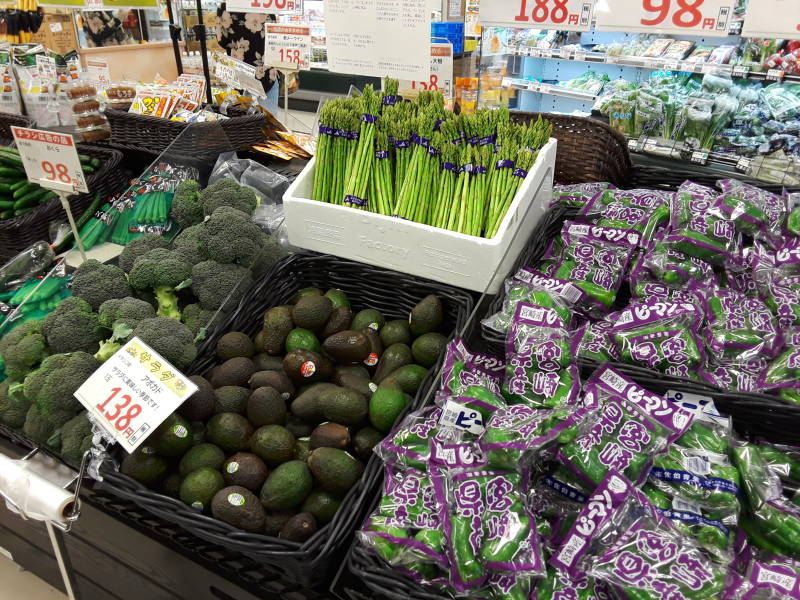
And, lots of things that I couldn't get at home.
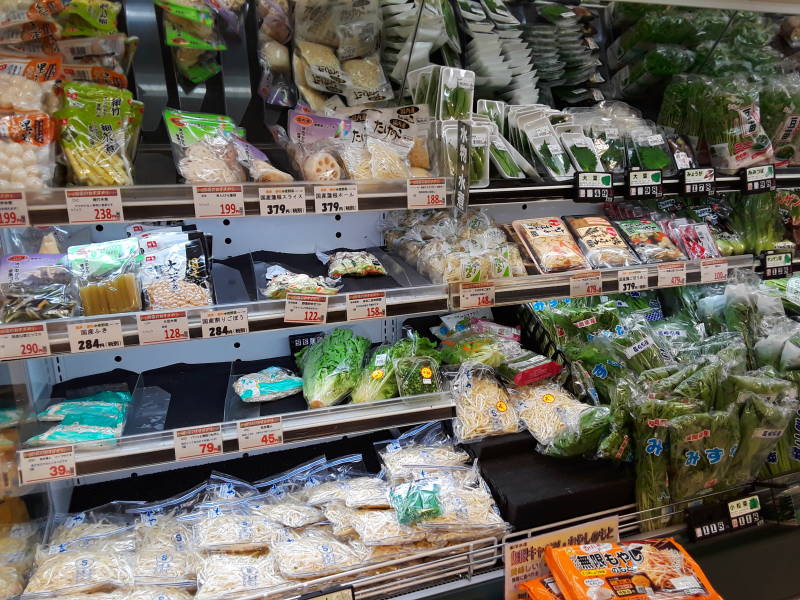
Plenty of fish, of course.
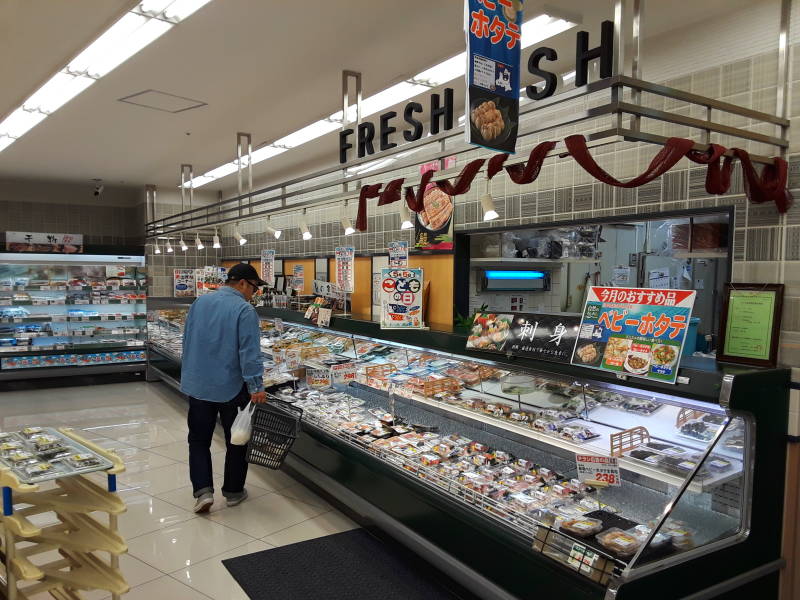
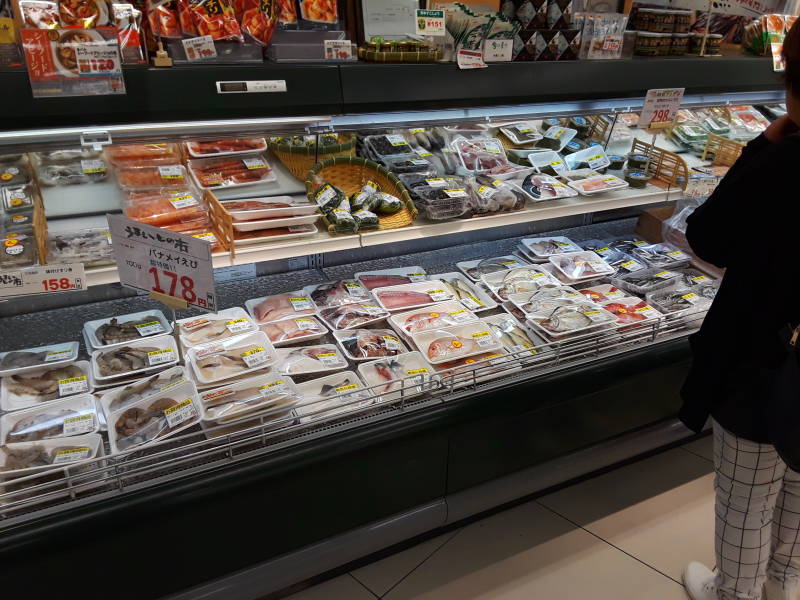
Back on the Streets
Now, back out for more power line appreciation. It's actually power and telco and cable television, all visible for easy inspection.
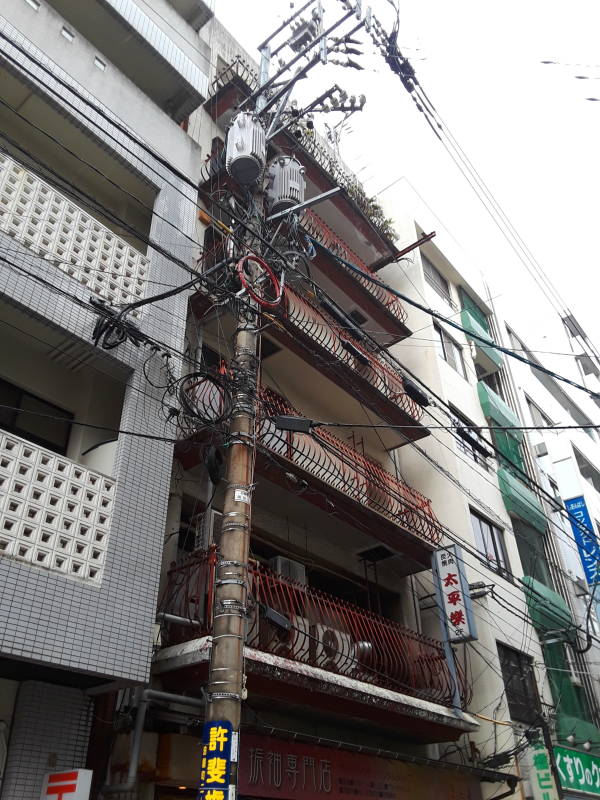
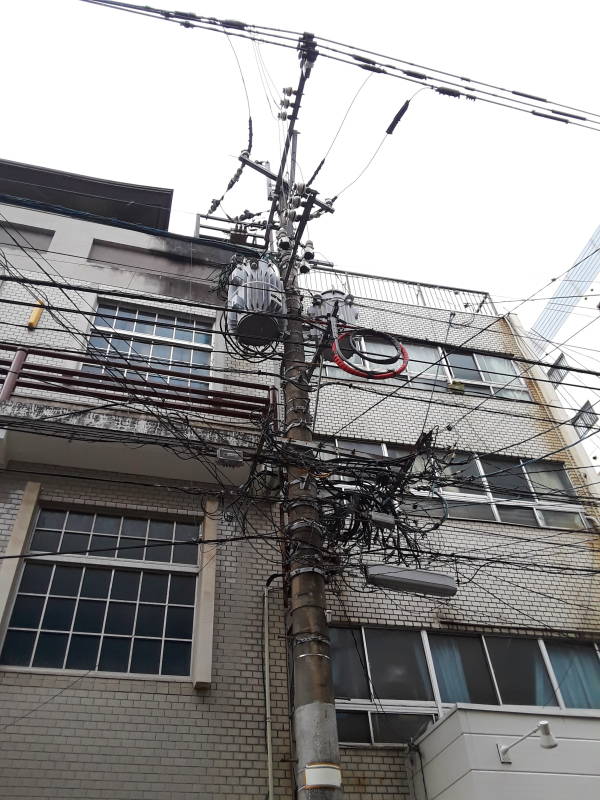
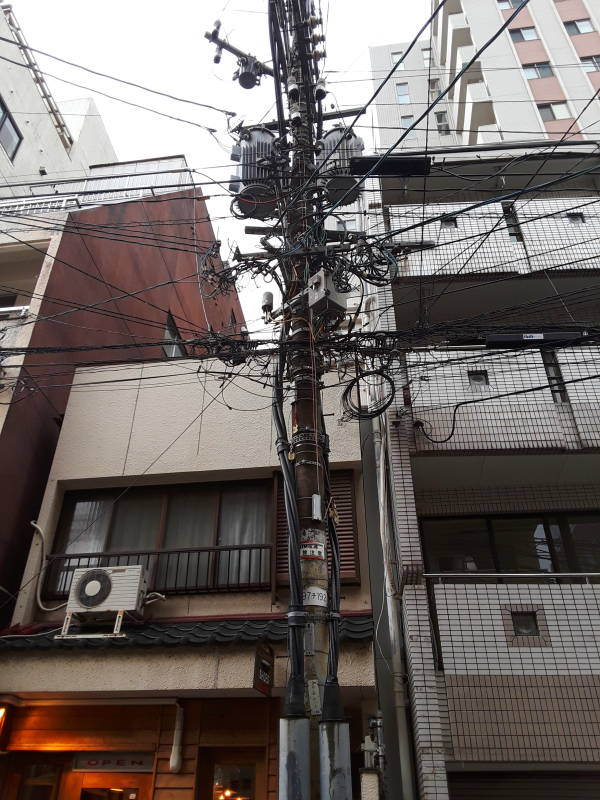
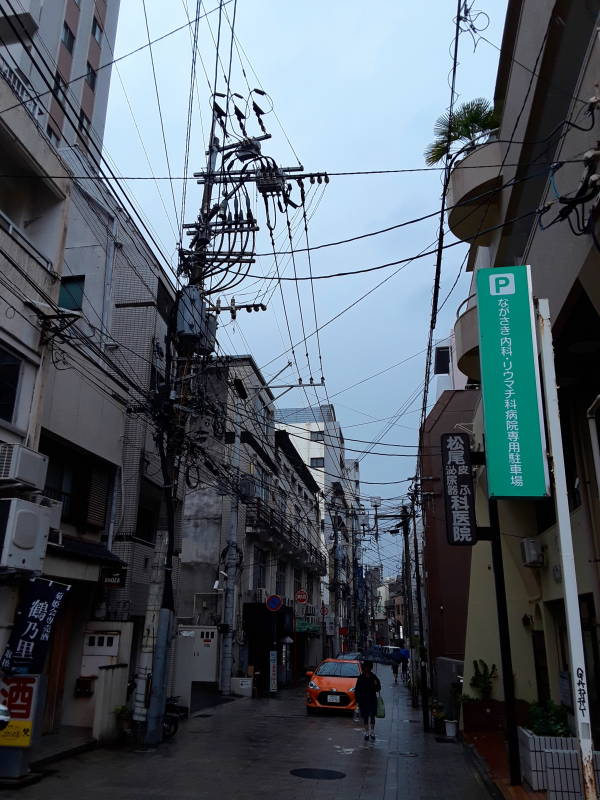
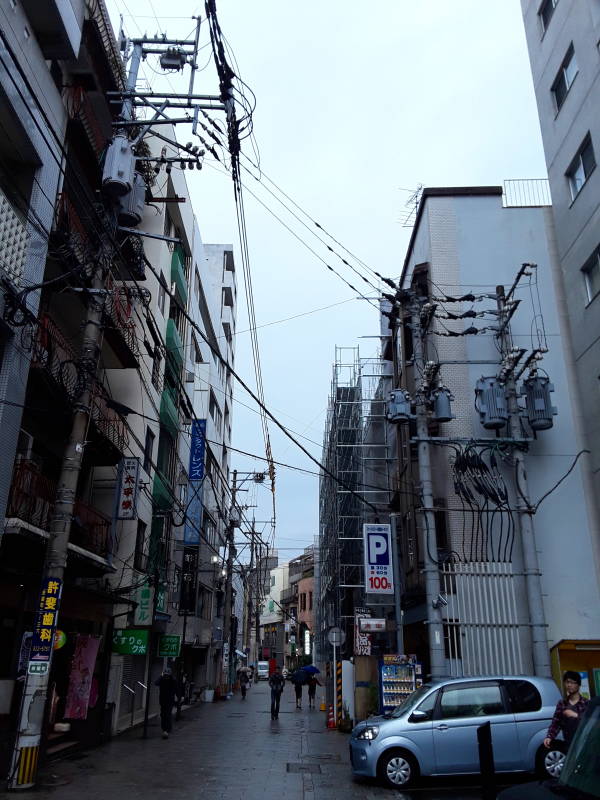
Let's Fun Now!
Rest Life!
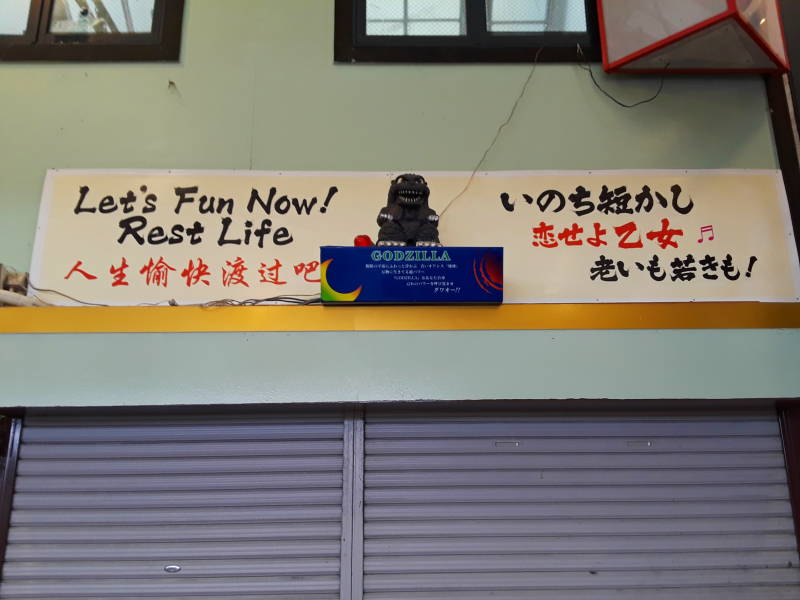
The above is specific to Nagasaki. Or maybe you want to explore other places in Japan.
